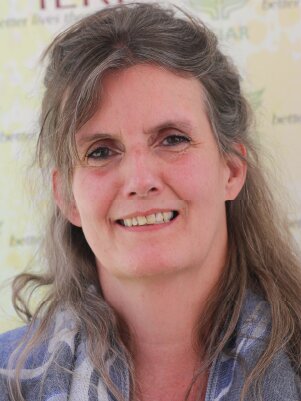New developments in vaccines against African swine fever
African swine fever is a devastating hemorrhagic disease of pigs and wild boars, caused by a large DNA virus. The virus has spread from Africa to Eastern Europe and Asia, and lately to the Americas. There is no vaccine against African swine fever and control of the virus is based on biosecurity measures and culling, but efforts are underway to produce vaccines. While only one genotype (genotype II) of the virus is present in Europe and Asia, all 24 genotypes are present in Africa. We used a genotype IX virus, isolated in an outbreak area in Eastern Africa, as a backbone for establishment of a CRISPR/Cas 9 gene editing platform and also for a reverse genetics platform for making gene deletions that would attenuate the virus for use as a live vaccine. Several viruses have been produced by making single or several deletions of genes. They were tested for being attenuated in pigs and for conferring protection to challenge with the wild-type virus. In addition, pigs were immunized with one of the attenuated viruses for screening of antigens using an overlapping peptide library spanning the whole proteome of the virus, which generated a map of the most recognized antigens among local and European pigs for use in a subunit vaccine.
The webinar was given by Dr Lucilla Steinaa from the International Livestock Research Institute (ILRI), and was followed by a discussion moderated by IVVN Network Management Board member Professor Brian Perry.
Dr Lucilla Steinaa

Dr Lucilla Steinaa, Principal Scientist at ILRI, has worked at International Livestock Research Institute since 2009. She is currently leading projects for the development of vaccines against African swine fever. The focus of this research is on the development of a live attenuated vaccine and also discovery of antigens that can be used in a subunit vaccine. In addition, she has been co-leading research for the development of a sub-unit vaccine against East coast fever and is currently leading a project for attenuation of Theileria parva using gene editing. She obtained her PhD at University of Copenhagen jointly with a Biotech company in Denmark in 2002. She has a background from the Biotech sector where she was involved in developing proprietary technology platforms and executing projects in the vaccine area and with therapeutic antibody treatment. She has about 25 years of experience (post MSc) in conducting and managing research project. Lucilla is the author of a substantial amount of peer reviewed publications, patents and book chapters where most is present on ORCID: 0000-0003-3691-3971